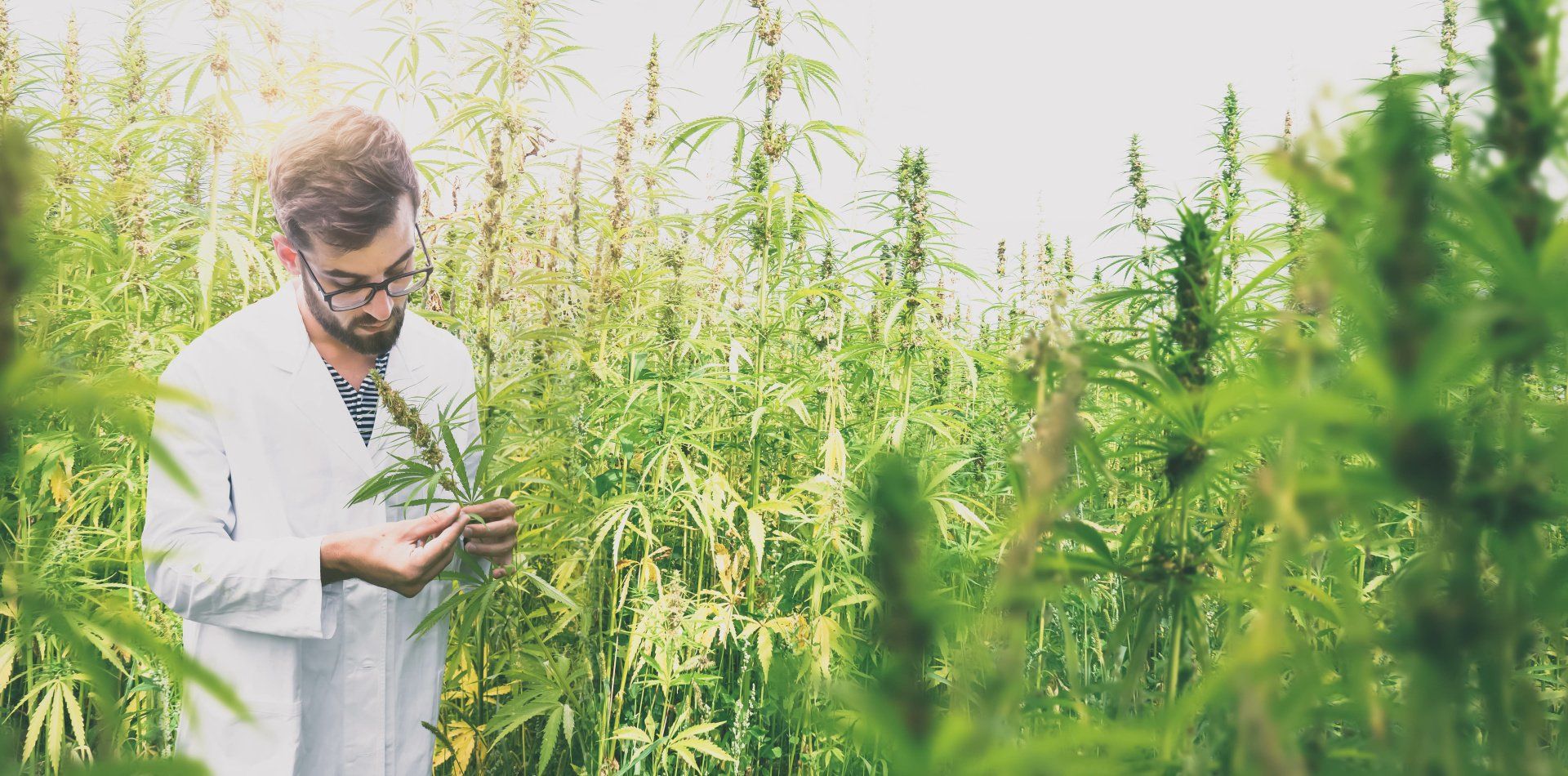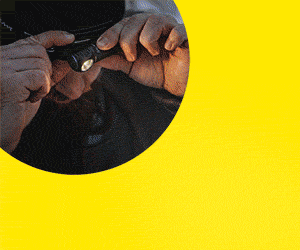1MG FlippingBooks
Hemp research gives boost to emerging industry
Elizabeth Gracie

Researchers at the Tasmanian Institute of Agriculture (TIA) are exploring ways to manage the profitability of Tasmania’s industrial hemp industry for hemp growers.
The project is a joint venture between the University of Tasmania and the Tasmanian Government.
Whilst industrial hemp is an emerging industry in Tasmania, Tasmania supplies approximately 80 per cent of Australia’s production of low-THC hemp seeds.
The two-year project headed by the TIA will assess the benefits of using industrial hemp as both a forage crop specifically for sheep or as a dual-purpose crop for both grazing and seed production.
Dr Beth Penrose, a lecturer in pasture science at the TIA is leading the research efforts and hopes that the new project will build upon previous studies into the nutritional value of hemp for animal feed that was conducted by the institute.
“We are building on this research by looking at five varieties of industrial hemp and assessing the effects of genotype, grazing time and environment on the nutritional value,” said Dr Penrose.
“We also want to find out the impact that grazing has on the yield of hemp seeds, and whether it could potentially increase the yield and the overall value of the crop”.
Initial trial sites will be established in North West Tasmania however as industrial hemp is not yet legal in Tasmania, the trials will only simulate grazing patterns by manually cutting the crops at different heights.
President of the Tasmanian Hemp Association (THA) Tim Schmidt, said that research on the applications and uses of industrial hemp was crucial to the long term success of the growing emerging industry.
“With Tasmania currently supplying over 80 per cent of Australia’s hemp seed for food, and having assisted in establishing a good industry foundation in the State, the THA is pleased to be able to support TIA and UTAS with growers funds to conduct new relevant research for the industry which will help foster a profitable industrial hemp industry for Australian farmers,” said Schmidt.
The project will also bring aboard local licensed farmers in an effort to increase the value of the hemp crop and the profitability of Tasmania’s industrial hemp industry for farmers.
NEWS

Prodoz, a Proudly Australian and family-owned agribusiness, based in Melbourne, is strengthening its positions as national/international leader in advanced crop – science solutions through a growing portfolio of global innovation partners and a distribution footprint supported by all major distributors - includes Nutrien Ag, Elders, Lindsay Rural and Independent Rural stores.

Trace minerals are required for optimal growth, reproduction, and immunity. Optimising trace mineral status relying solely on oral supplements across a herd may fail because of variation in individual intake and reduced absorption due to antagonism of other ration components and minerals. The use of injectable trace mineral supplements has been associated with positive reproductive outcomes including improved conception rate, increased odds of pregnancy and greater final in calf rate. A study conducted on 2,168 dairy cows, administered injectable trace minerals, four weeks prior to calving and again four weeks prior to the start of mating showed treated animals had a 3.3 per cent greater final in-calf rate, and a reduced time from start of mating to conception, compared to control animals 1 . The Importance of B12 Dr Carl Eden, Technical Services Veterinarian with Boehringer Ingelheim says “Vitamin B12 is sometimes referred to as a ‘super vitamin’ because it is only required in very small amounts but vital to many essential metabolic pathways. However, demand for B12 can vary considerably during the year and we see serum levels of B12 fall at critical times, such as the first few months after calving.” Vitamin B12 contains cobalt, so deficiency in cobalt can lead to deficiency in vitamin B12 because ruminants get most of their B12 as a byproduct of ruminal fermentation where the bacteria in their rumen assemble B12 from cobalt for use by the cow. Sub-optimal trace mineral and vitamin B12 status at calving, mating, and drying off has been shown to negatively impact growth, reproduction, and immunity. Using a trace mineral injectable containing vitamin B12 can improve trace mineral and vitamin B12 status at these critical times. Marks-Min with Vitamin B12 – The Evidence In the largest trace element study to date, Marks-Min Injectable Trace Mineral with Vitamin B12 demonstrated remarkable results when compared to a reference trace mineral injection. “Given the differences between Marks-Min and other products on the market, we wanted to generate a compelling data set to demonstrate how effective it was compared to the pioneer product. We entrusted this work to a third-party research company” says Dr Eden. “We chose farms that were at the top of their game from a reproductive perspective. We made sure that the farms had no evidence of trace element or vitamin B12 deficiencies or excess.” Across all outcomes of interest, Marks-Min demonstrated clear non-inferiority when compared to the reference product. Outcomes measured included submission, pregnancy and conception rates, and six week in-calf rate. Marks-Min demonstrated it is highly suited as an alternative treatment to the reference product. Reference: 1. Hawkins, D., and B. V. S. Franklin. New Zealand Dairy Veterinarians Newsletter 24 (2007): 12-16 Company website: livestockfirst.com.au Company email address: CustomerCare.Australia@boehringer-ingelheim.com Company video: https://vimeo.com/1138807630?fl=pl&fe=cm












